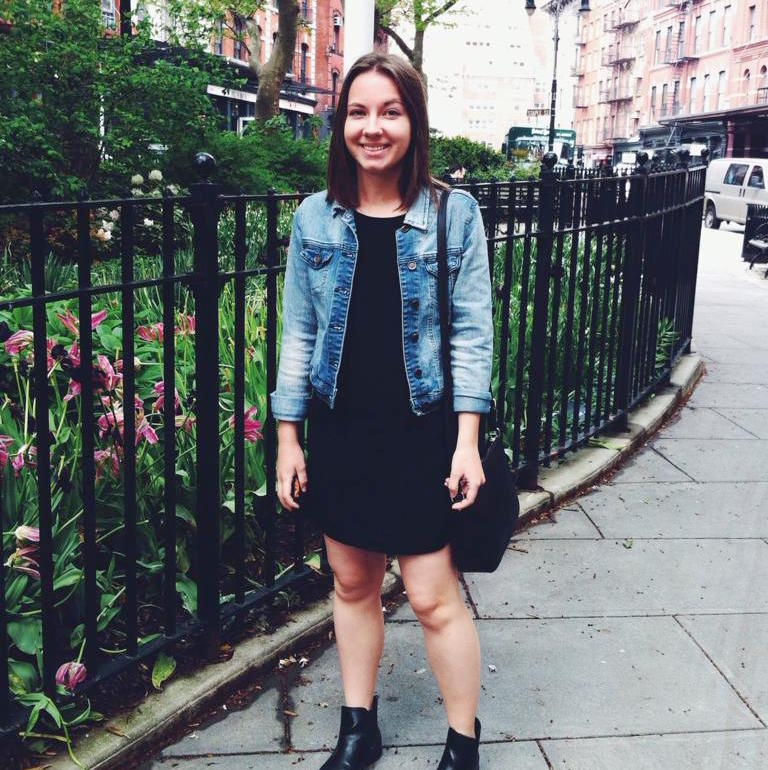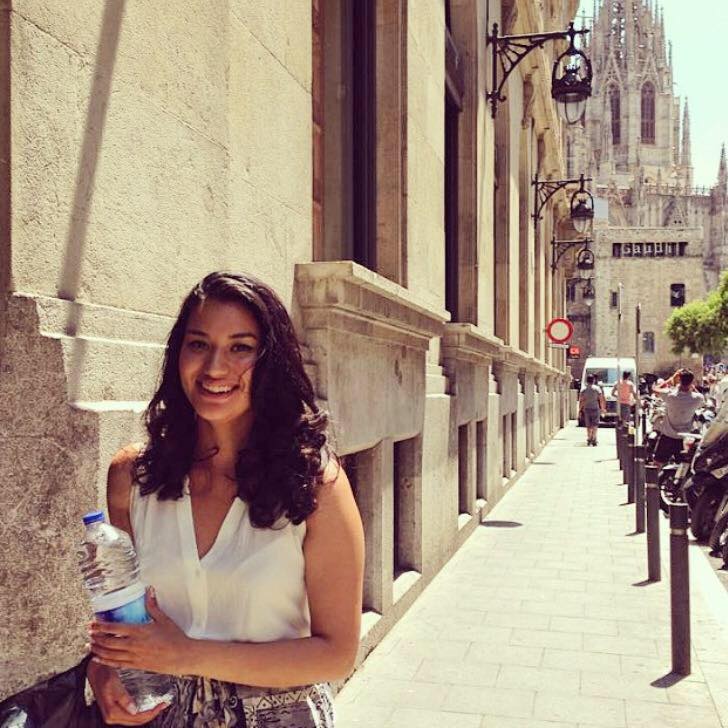The project started with the idea of holding a ‘shadow election’ alongside the upcoming 2016 Presidential Election.
The voters in our shadow election are categorized based on their non-voting status; US citizens under 18, residents of the US territories, citizens disenfranchised due to probationary terms or a current/previous felony conviction, undocumented residents, international students, international workers, and any non-US citizens living abroad.
In order to reach our diverse audience, we created a digitally-sharable survey using Google Forms. The survey collected information about why the respondent wasn’t eligible to vote, who they would vote for if they could, and what issues were most important to them during the current election season. The survey is offered in English, as well as Spanish and Mandarin.
We distributed the survey using a variety of methods; including sharing it with specific groups through social media, and partnering with non-profit organizations who could share it with their networks. For groups such as undocumented residents and disenfranchised felons it was important that our survey be shared through established organizations in order to maintain a level of trust and security regarding the respondent's information.
Through the survey we were able to connect with individuals who provided us with their contact information. We conducted numerous phone interview, asking further questions about voting preference and non-voting status.
Our website, ShadowElections.com, was created as a permanent home and showcase for the project, and shares the voices and opinions we gathered.





